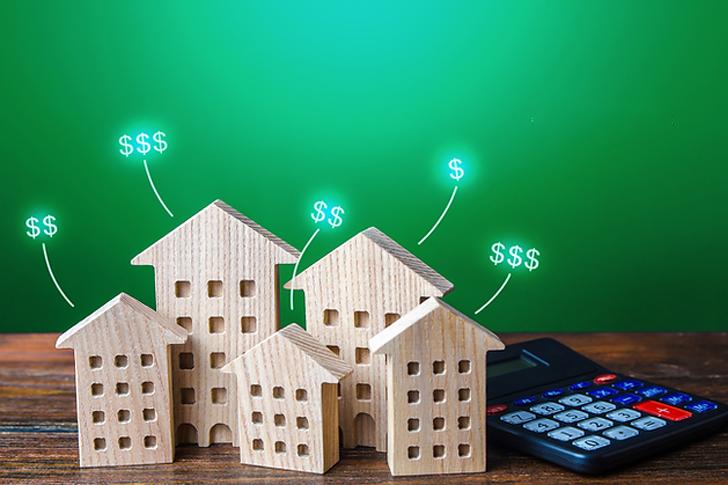From Appraisals to Estate Management: A Senior’s Guide to Home Valuation
For seniors, understanding the current market value of their homes can be crucial for several reasons, from estate planning and securing loans against property to considering a move to more suitable housing or retirement communities. Properly valuing a home can be the key to making informed decisions that protect financial health and ensure quality of life in later years.

The Importance of Home Valuation for Seniors
As a senior, home equity might represent a significant portion of your net worth. Knowing the value of your home can help in various ways, including refining retirement planning strategies, determining the feasibility of downsizing, assessing property taxes, or qualifying for senior tax exemptions. Additionally, in cases where health care or assisted living arrangements become necessary, knowing your home’s equity can provide options for financing such long-term care needs.
Methods to Determine Your Home’s Value
Several approaches can help seniors determine the value of their homes:
1. **Professional Appraisals**: Hiring a professional appraiser is perhaps the most reliable method for finding out the value of your house. According to HomeAdvisor, the average cost for a home appraisal was between $313 and $420 in recent years. Appraisers consider recent sales of comparable properties, the location, size, condition, and unique features of your home.
2. **Real Estate Agents**: Many realtors offer a Comparative Market Analysis (CMA) for free as a part of their services when you consider listing your home for sale. A CMA provides a detailed analysis of similar homes sold in your area, adjusting for square footage, home features, and market trends.
3. **Online Valuation Tools**: Websites like Zillow and Redfin give a rough estimate of your home’s value. These estimates use public records and user inputs. However, they can be inaccurate and should be used as a guide rather than a definitive price.
4. **Tax Assessments**: Your property tax bill reflects an assessed value of your home, which is used to calculate the taxes you owe. This assessed value often differs from market value but can give you a baseline figure.
Factors Affecting the Value of a Home
Several factors can affect the value of your home:
– **Location**: Homes in desirable locations, such as those near amenities or in top school districts, generally command higher prices.
– **Condition and Age**: Older homes might require more maintenance and updates compared to newer ones which can affect their market value.
– **Market Trends**: Housing market trends in your area can influence home values. For instance, a seller’s market can lead to higher home values due to increased buyer demand.
Steps to Take After Valuing Your Home
Upon obtaining an estimate of your home’s market value, consider the following steps:
– **Consult with a Financial Advisor**: Understanding the implications of this new information on your financial situation can be complex. A financial advisor can offer guidance based on your personal circumstances.
– **Plan for Future Housing Needs**: If the home’s value is sufficient to fund a move to a retirement community or assisted living facility, you might begin considering these options.
– **Estate Planning**: Update your estate plans to reflect the current value of your home to ensure your assets are distributed according to your wishes.
Conclusion
For seniors, knowing the value of their home is more than just a figure; it’s a crucial part of managing one’s financial health and planning for future needs. By utilizing the methods above and consulting with professionals, you can gain a clear understanding of what your home is worth and make informed decisions that benefit your long-term well-being.







Recent Comments